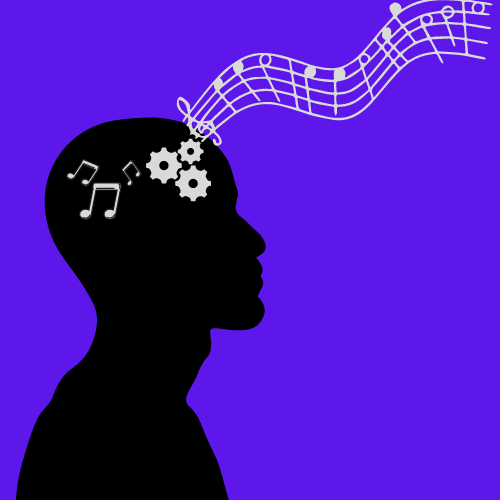Unrecognized relationship between music, mind functions

When listening to a song written on a minor scale, it is not uncommon for many to gather a feeling of sadness. On the other hand, music written on a major key may make people feel more uplifted. No matter the reason, it is an undeniable reality that music has a direct impact on the way people feel.
Music has the ability to actuate mostly all of the human brain. Harvard Medical School suggests that the emotion-involved areas of the brain are activated by music, to the point where it may even be synchronized. Additionally, music has the ability to activate the motor parts of the mind; the reason why the beat of a song could be felt before it is played.
The trigger of different brain pathways kindles an awakening of entire brain networks. Activating and exercising these particular networks is healthy for the human body since it promotes cognitive development, well-being, memory and general happiness. Hence, the correlation between music and strong emotions.
This may be the exact reason why music is correlated and incorporated into or with types of therapy.
Music therapy is the clinical usage of music to accomplish individualized health goals, referring to but not limited to, mental health. The several variations of music therapy can assist in psychosomatic medicines or mental stress, to even serious brain surgeries. Through its multiple medical uses, music has made a noteworthy influence on people’s mentality, in most cases, for the better.
In addition to music having an internal impact on the brain, it is also one of the few ways people can connect with one another, which leaves an external impact on individuals as well.
“It [music] doesn’t require people to speak the same language or to be from the same place. Everybody can connect through music because it is something we can all relate to,” Ms. Emily Rickard, high school and middle school band director, said.
The correlation between music and the human mind is undeniable. Music has the ability to operate individuals themselves, to some extent and almost always in a great way. It has an unusual potential to enable distinct emotions, with the mere sound of a few chords. Music can also contribute to people’s social lives, for it can be the spark or common ground, that ignites a friendship. No matter the reason, it is an undeniable reality that music has a direct impact on the way people feel, and the way people live in general.


